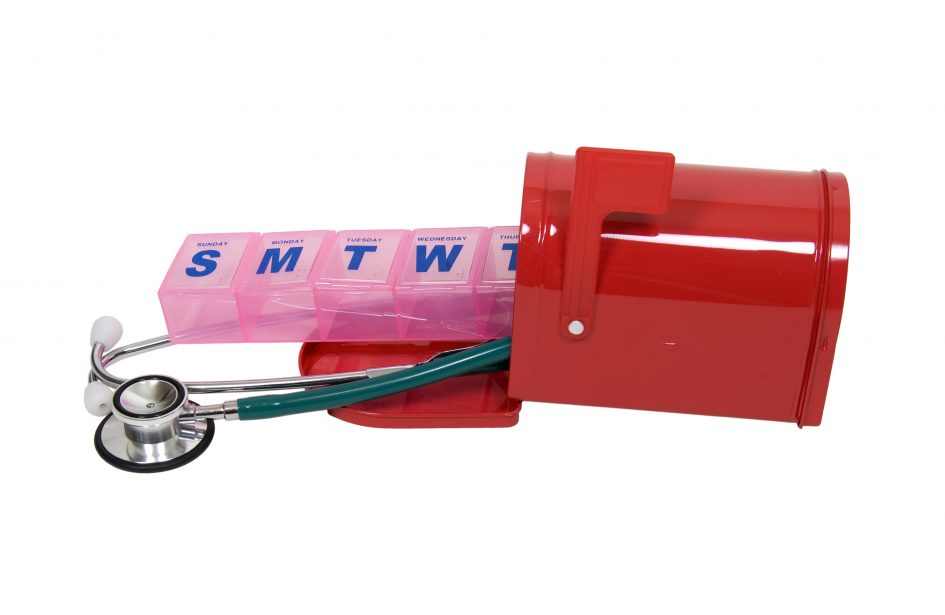I just had to write this email, again, to yet another patient whose insurance company said that they would only pay for their prescription if if was filled at the insurance company’s pharmacy. Often, they demand a specific quantity without regard for your health.
That’s illegal. Worse, it’s bad medicine. Often, it can cost you money.
Here’s the email:
Hi! What is relevant here isn't what state law allows me to prescribe, but that the insurance company is violating Business and Professions Code section 2400, “intended to prevent unlicensed persons from interfering with or influencing the physician's professional judgment.” http://www.mbc.ca.gov/Licensees/Corporate_Practice.aspx They are also in violation of other (anti-kickback) laws prohibiting insurers from requiring that medications be purchased from specific pharmacies. See, for example, §1300.67.24. http://is.gd/VpxwP4 What I have found in the past is that, when a patient requests that the insurance company put their "requirement" for a 90-day supply of medication in a signed letter, suddenly they're told "oh, you must have misunderstood, we were just making a suggestion.” It is also useful to look at the actual costs. The insurance company will often try to tell you that the medication is really expensive. It seems that your prescription is widely available, as written, for about $60/month retail. Depending on your plan, that might not be much more than your copayment. As an alternative, if you don’t mind splitting pills, I can re-write the prescription for half as many pills at twice the strength, and you can split them. That would end up costing about $35/month. http://www.goodrx.com Depending on your drug copayment, it might be a lot easier and cheaper to pay cash for the medication rather than enduring ongoing hassles from an insurance company that wants to play doctor. --DrR
In general, you should always check the price of your medication by going to goodrx.com—they have smartphone apps as well. Costco also has good prices, and posts many of them online. (In California, you don’t have to have a membership to use a Costco pharmacy.) For generic medications, the cost can often be lower than your copayment. Yes, that’s right, your pharmacy and insurance company can often make a profit by collecting your copayment! Of course, they’ll give you a piece of paper that says “your insurance plan just saved you $118.21.” But when you paid a $40 copayment for a medication that you could have gotten for $8 cash, the insurance company’s arithmetic seems suspect.
Recently, a patient (who had no insurance) took a prescription for a generic medication to a pharmacy only to be told it would be $172. She told the pharmacist that she couldn’t afford it and would have to wait until she got her tax refund. The pharmacy let her leave without her prescription. She contacted me with the story, and I told her that the prescription should have been less than $10. She went back to the same pharmacy and, when confronted, a different pharmacist told her that, yes, she could get the medication for under $10.
I support the right of businesses like pharmacies to set whatever price they want for their merchandise. If they were selling used Chevys, that’s really as far as it should go. I believe, though, that health care professionals should adhere to a higher standard: if a pharmacist lets a patient walk away without life-sustaining medication when they know perfectly well that the medication can be purchased for a fraction of the quoted price, I believe they have a moral and professional responsibility to let the patient know that.
The moral? Comparison shop. Haggle with the pharmacist over the cost of generics. Check on-line resources. Don’t let your insurance company bully you into using their pharmacy or buying more medication than you need, and don’t take them at their word when they tell you that they’re saving you money.
–DrR
